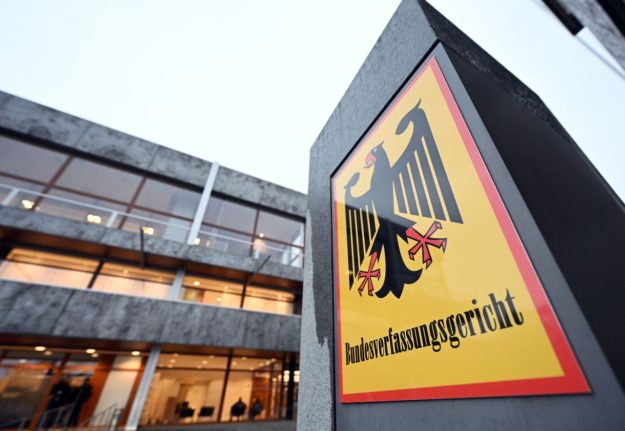“We have received several reports of people taking these loans to pay other bills and debts, especially now during the recession,” Janne Åklerlund at the authority said in a statement on Wednesday.
The authority has expressed concern in recent years that even those with poor credit are able to secure loans.
“We hope that our proposals will be adopted within the legislative proposition that the government has submitted for referral, including the tightening up of credit checks and to reduce the incidence of text message loans being a fast track into debt,” Åkerlund said.
The authority however welcomed the news that the proportion of defaults by young people continues to decline. In 2009 the number of applications submitted directed at those aged 18-25 also declined in real terms.
“We can finally see that the trend concerning young people has been broken. We hope that the change is not temporary.”
The Enforcement Authority is accountable to central government, but operates as an autonomous public authority. The authority supervises bankruptcies, collect debts, offers debt relief and is responsible for preventive action.


 Please whitelist us to continue reading.
Please whitelist us to continue reading.
Member comments